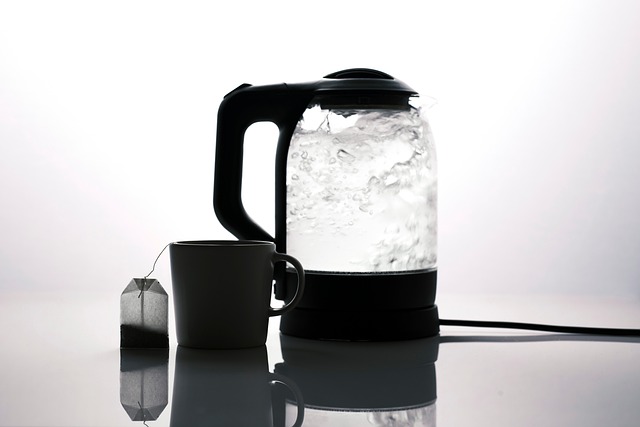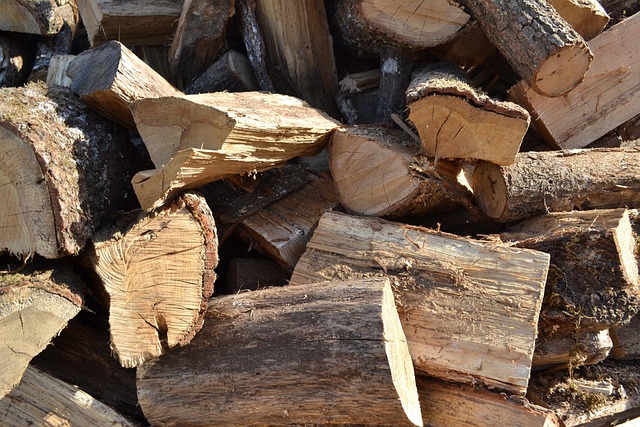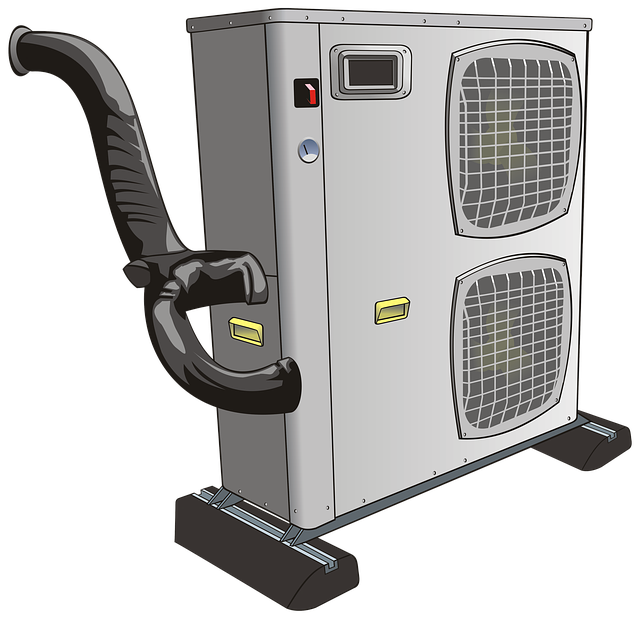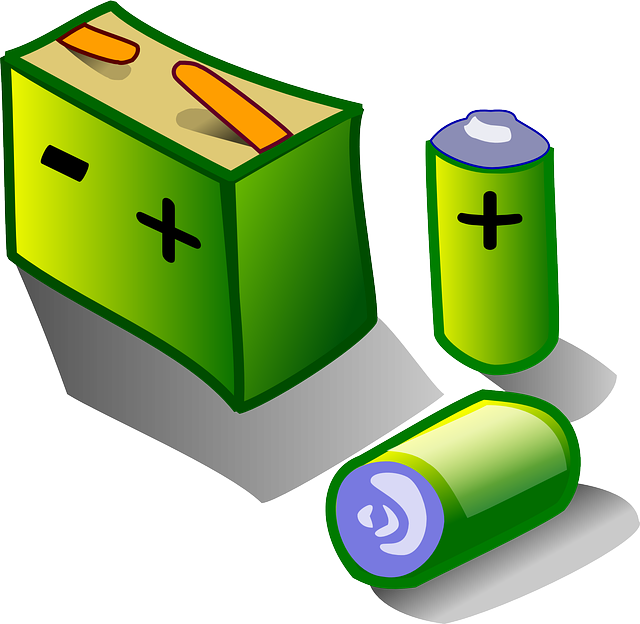Tankless water heaters (on-demand or instant) offer heated water on demand from the faucet, eliminating standby heat loss for significant energy savings compared to traditional storage models. Ideal for larger households and high hot water demands, they boast a longer lifespan and precise control. Traditional tanks are cost-effective initially but less efficient; suitable for smaller families and ample floor space due to bulkier size. Choosing between them depends on space, family size, and hot water usage: tankless for efficiency, traditional for storage needs. Both require maintenance, with tankless heaters generally needing less upkeep over time.
Choosing between tankless and traditional water heaters is a key decision for any homeowner. This guide breaks down the nuances of each model, empowering you with knowledge to select the best fit based on your needs. We explore tankless water heaters’ innovative technology, energy-saving benefits, and unique advantages. In contrast, traditional storage heaters are analyzed for their features, considerations, and long-term performance. Our comprehensive comparison highlights energy efficiency differences, installation costs, and factors like space, family size, and hot water usage to ensure an informed decision for enhanced energy conservation.
- Understanding Tankless Water Heaters: How They Work and Their Benefits
- Traditional Storage Water Heaters: Features and Considerations
- Energy Efficiency Comparison: Tankless vs Traditional Models
- Cost Analysis: Initial Installation and Long-term Savings
- Factors Influencing Your Decision: Space, Family Size, and Hot Water Usage
- Maintenance and Lifespan: What to Expect from Each Model
Understanding Tankless Water Heaters: How They Work and Their Benefits

Tankless water heaters, also known as on-demand or instant water heaters, have revolutionized the way we heat water. Unlike traditional models that store hot water in a tank, these innovative devices heat water only when it’s needed, directly from the faucet or showerhead. This process operates through a series of advanced components: a heating element or burner, a flow sensor, and a temperature control system. When you turn on the tap, cold water flows through the unit, triggering the heating element to quickly raise its temperature.
The benefits of tankless heaters are numerous, especially in terms of energy efficiency. By eliminating the need to constantly maintain a hot water reserve, they significantly reduce energy consumption and lower utility bills. This technology is particularly advantageous for larger households or those with high hot water demands, as it provides endless hot water without sacrificing performance. Moreover, tankless heaters have a longer lifespan than traditional models, making them an environmentally friendly and cost-effective choice in the long run.
Traditional Storage Water Heaters: Features and Considerations

Traditional storage water heaters are a reliable choice for many households, offering a straightforward and effective method of heating water. These systems function by storing a set volume of water in a tank, which is then heated and ready for use. One significant advantage is their energy efficiency; they typically have lower operating costs compared to tankless heaters, especially in regions with mild climates or during off-peak hours. This is because the stored hot water maintains its temperature, reducing the need for constant reheating.
When considering traditional models, several factors come into play. Capacity and size are crucial, as larger tanks cater to higher demand and can provide enough hot water for larger families or energy-intensive households. Insulation is another important feature; well-insulated tanks minimize heat loss, thereby enhancing energy efficiency and reducing the strain on heating elements. Additionally, these heaters often come with various safety mechanisms, such as pressure relief valves and temperature controls, ensuring a secure water heating system.
Energy Efficiency Comparison: Tankless vs Traditional Models

When comparing tankless water heaters to traditional models, one of the most significant factors to consider is their energy efficiency. Tankless heaters, also known as on-demand or instant water heaters, offer a substantial advantage in this regard. They heat water only when needed, eliminating the constant energy consumption required to keep a storage tank warm. This on-demand feature translates to remarkable energy savings, especially in households with high hot water usage.
In contrast, traditional tanks maintain a steady temperature, which can lead to significant energy waste. While they might seem more cost-effective initially, their lower energy efficiency becomes evident over time. Tankless models, with their precise control and rapid heating response, can reduce energy bills substantially, making them a more environmentally friendly and economically sensible choice in the long run.
Cost Analysis: Initial Installation and Long-term Savings

When comparing tankless water heaters to traditional models, one of the most significant factors is cost analysis, considering both initial installation and long-term savings. The upfront costs for installing a tankless heater might be higher due to the advanced technology involved. However, these systems offer substantial energy efficiency benefits. Tankless heaters heat water on demand, eliminating the need for a large storage tank. This design results in reduced energy consumption and lower operating costs over time.
In terms of long-term savings, tankless models can significantly cut down heating bills, especially in households with high hot water usage. While the initial investment may be higher, the lack of a constant energy draw for heating stored water can lead to substantial financial gains. Over the years, these savings can more than offset the installation costs, making tankless water heaters a cost-effective choice in the long run.
Factors Influencing Your Decision: Space, Family Size, and Hot Water Usage

When choosing between tankless and traditional water heaters, several factors come into play, with space, family size, and hot water usage being key considerations. Firstly, space availability is a significant influencer. Tankless models, also known as on-demand or instant water heaters, offer a compact design suitable for smaller spaces, making them ideal for apartments or homes with limited room for large appliances. In contrast, traditional storage tanks are bulkier and require adequate space for installation, often best suited to larger homes or areas where floor space is abundant.
Family size also plays a pivotal role in your decision. Tankless heaters provide a continuous supply of hot water, making them efficient for households with higher hot water demands. Larger families, frequent guests, or individuals who use hot water extensively throughout the day will benefit from this constant availability. Conversely, traditional models are designed to heat and store water in bulk, which may be overkill for smaller families, leading to potential energy inefficiencies if not used frequently. Understanding your household’s hot water usage patterns is essential when prioritizing energy efficiency.
Maintenance and Lifespan: What to Expect from Each Model

Tankless water heaters, also known as on-demand or instant heaters, offer a different approach to hot water supply compared to traditional tank models. One significant advantage in terms of maintenance is their simplicity. Tankless heaters have fewer moving parts and no large storage tank, reducing the likelihood of leaks and corrosion commonly associated with traditional heaters. This translates to less time and money spent on repairs and replacements.
In terms of lifespan, both options can provide many years of reliable service. Traditional tanks tend to have a slightly longer operational life due to their robust design, but tankless heaters are catching up fast. Regular maintenance is still essential for both types to ensure optimal performance and longevity, including periodic flushing and filter changes. However, overall, tankless heaters require less upkeep, making them an attractive option for those seeking low-maintenance hot water solutions while also promoting energy efficiency.
